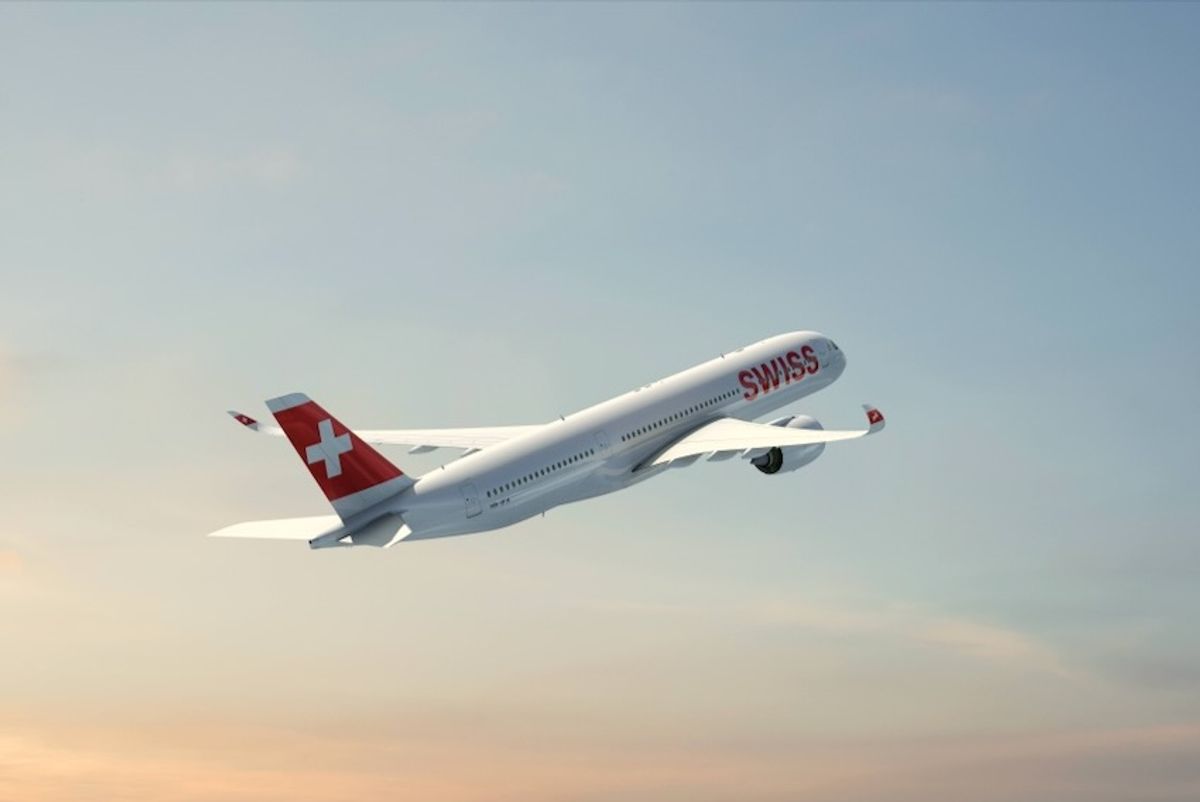Travel
Türkiye Sets New Global Standard: New Flight Delay Compensation Rules Transform Air Travel for Passengers Across Europe, Asia, and Beyond – Travel And Tour World

Tuesday, December 10, 2024
Türkiye has introduced a groundbreaking set of regulations designed to protect air travelers from the inconveniences of significant flight delays. These new rules, revealed on Tuesday by the Turkish Directorate General of Civil Aviation (SHGM), reflect a growing global emphasis on safeguarding passenger rights. The implications for the travel industry and international travelers are substantial, signaling a shift in how airlines and governments view their responsibilities to passengers.
New Passenger Compensation Framework
Under the new rules, passengers are entitled to financial compensation if their flights are delayed by more than three hours due to technical or operational issues. The structure of this compensation is tailored based on the distance of the affected flight:
- Domestic flights: 100 euros per passenger
- International flights up to 1,500 kilometers: 250 euros
- International flights between 1,500 and 3,500 kilometers: 400 euros
- International flights exceeding 3,500 kilometers: 600 euros
Compensation payments will be made in Turkish lira, with amounts calculated based on the Turkish Central Bank’s exchange rate on the day of payment.
A Step Toward Enhanced Global Standards
Türkiye’s new regulations align its air passenger protections with the European Union, known for one of the world’s most comprehensive compensation frameworks. This move not only strengthens the country’s aviation sector but also highlights a global trend toward enhancing passenger rights. Other regions offer varying levels of protection:
- The European Union provides similar compensation for delays and cancellations.
- The United States focuses primarily on overbooking issues, allowing compensation of up to $1,550 for bumped passengers.
- Canada employs a tiered system, offering between 400 and 1,000 CAD for delays within airline control.
- India mandates payments ranging from 5,000 to 20,000 INR depending on delay circumstances.
Türkiye’s alignment with these systems ensures it remains competitive as a travel hub while signaling its commitment to modernizing aviation policies.
Impacts on Travelers and the Travel Industry
The introduction of these regulations is expected to reshape the travel industry, offering multiple benefits:
- Increased accountability for airlines, compelling them to minimize delays.
- Enhanced passenger confidence in booking flights with Turkish carriers.
- A competitive advantage for Türkiye as a travel destination, attracting more international travelers.
As global travel demand surges in the post-pandemic era, these changes cater to travelers seeking reliability and fairness, making Türkiye a more appealing choice for international journeys.
The Growing Emphasis on Passenger Rights
Countries worldwide are adopting or enhancing air passenger protections, though their approaches vary widely. Some nations, like Australia, rely on airline-specific policies, while others implement government-mandated compensation structures. Türkiye’s move toward standardized regulations may inspire similar changes in other regions, fostering global harmonization of passenger rights.
Türkiye’s Position as a Global Aviation Leader
The new rules fall under the broader “Regulation on the Rights of Passengers Traveling by Air,” a strategic step in solidifying Türkiye’s reputation as a global aviation leader. By adopting stringent compensation policies, the country sends a clear message that passenger welfare is a priority. These measures align with Türkiye’s efforts to position itself as a critical aviation hub connecting Europe, Asia, and beyond.
Long-Term Implications
Türkiye’s enhanced passenger protection framework is likely to have a ripple effect worldwide. Airlines may be prompted to refine their operations to comply with these and similar regulations. Additionally, travelers will increasingly favor destinations and airlines that offer robust protections, influencing global travel patterns and boosting Türkiye’s standing in the tourism sector.











